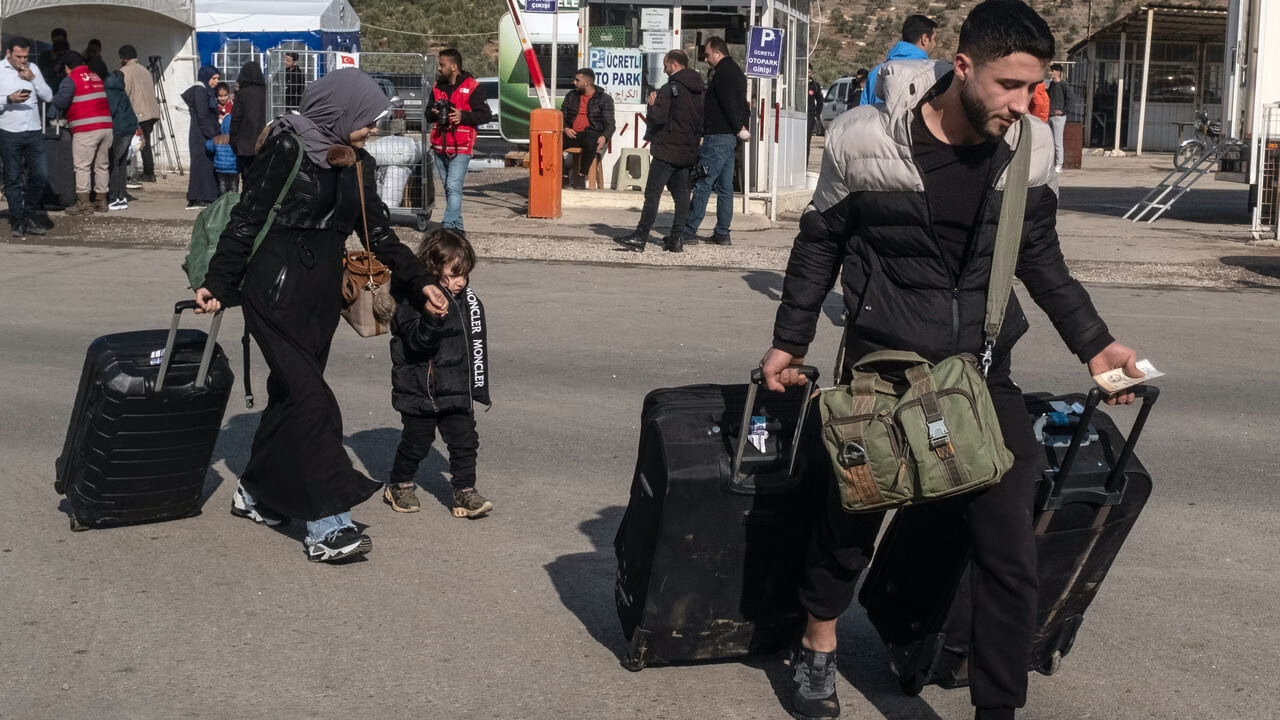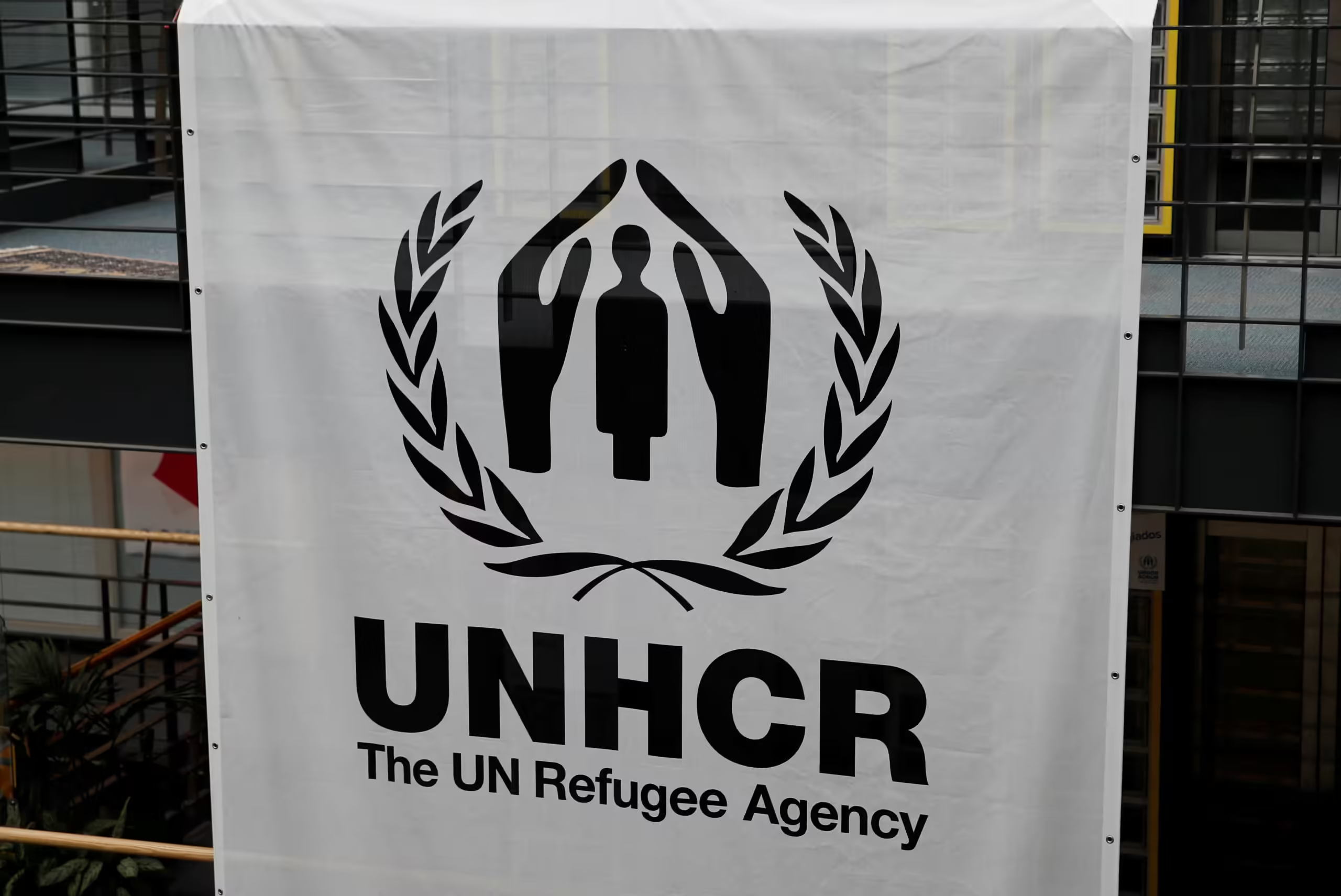More than 50,000 Syrian refugees have returned to Syria following the ouster of Bashar al-Assad, but for many others, the prospect of going back raises significant concerns.
In Altindag, a suburb of Ankara with a large Syrian community, refugees like Radigue Muhrabi are apprehensive about returning to a homeland scarred by war. With a newborn and two other children, she struggles to imagine life in Syria. “My husband used to work with my father at his shoe shop in Aleppo, but it was destroyed. We don’t know anything about work opportunities or schools for the kids,” she said.
Challenges in Syria
Syria remains in disrepair after more than a decade of civil war. Cities like Aleppo bear the scars of intense fighting between rebels and Russian-backed regime forces. The war has left infrastructure in ruins, with limited electricity, a broken public health system, and widespread housing shortages.
“There’s nothing there,” said 16-year-old Rahseh Mahruz, who reluctantly prepares to return to Aleppo with her family. Born and raised in Turkey, she fears losing the opportunities and stability she has found, such as music lessons and reliable access to electricity and internet.
Migration expert Professor Murat Erdogan points out that the Syria many refugees fled is no longer the same country. “Nobody can predict what the new Syrian government will look like, how they will assert control, or how border clashes with Kurdish fighters will evolve,” he said.
A Difficult Life in Turkey
Life in Turkey has not been easy for Syrian refugees, who often face discrimination, political threats of expulsion, and even violence. In 2021, anti-migrant sentiment in Altindag erupted into a mob attack, damaging Syrian-owned shops and homes.
Despite these challenges, many Syrians have built lives in Turkey. “We have nothing in Aleppo. Here, despite the difficulties, we have a life,” said Basil Ahmed, a 37-year-old motorcycle mechanic. His children, born in Turkey, have no connection to Syria.
A Generation Without Ties to Syria
Of the 2.9 million Syrians in Turkey, 1.7 million are under 18. Many of these children lack emotional or social ties to Syria, having been raised in Turkey and educated in Turkish. Some, like those attending Turkish schools, do not even speak Arabic.
This generational divide complicates the decision to return. For many young refugees, Syria is an abstract idea shaped by family stories rather than lived experience.
Economic Implications for Turkey
A mass return of Syrians would disrupt Turkey’s workforce, particularly in sectors like textiles and construction, which heavily rely on low-wage migrant labor.
While their departure would create short-term challenges, Professor Erdogan sees an opportunity for Turkey to shift away from labor exploitation. “We cannot continue a development model based on exploitation,” he said, suggesting the transition could foster long-term economic reform.
International Support
The European Union has pledged €235 million in aid to support refugees in Syria and neighboring countries like Turkey and Jordan. During a visit to Turkey, EU crisis commissioner Hadja Lahbib acknowledged the uncertainty facing refugees. “The situation is unstable and changing. Nobody knows which direction it will go in,” she said.
Looking Ahead
For Syrian refugees, the decision to stay in Turkey or return to their homeland is fraught with uncertainty. While some see hope in rebuilding Syria, many fear the challenges awaiting them. Meanwhile, Turkey faces the dual challenge of addressing domestic tensions and preparing for potential economic shifts in the event of mass returns.



